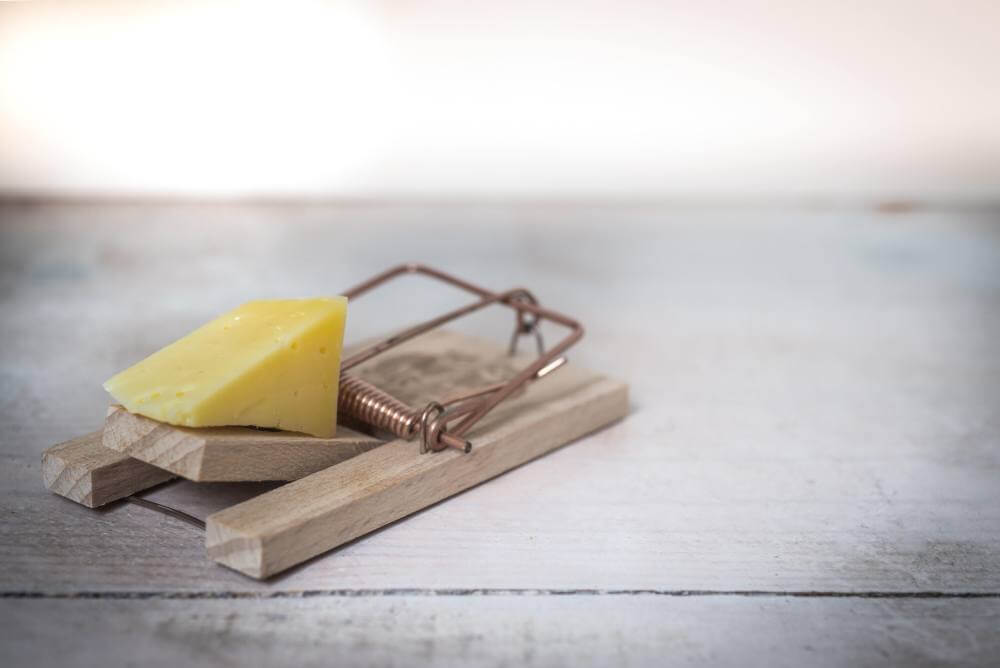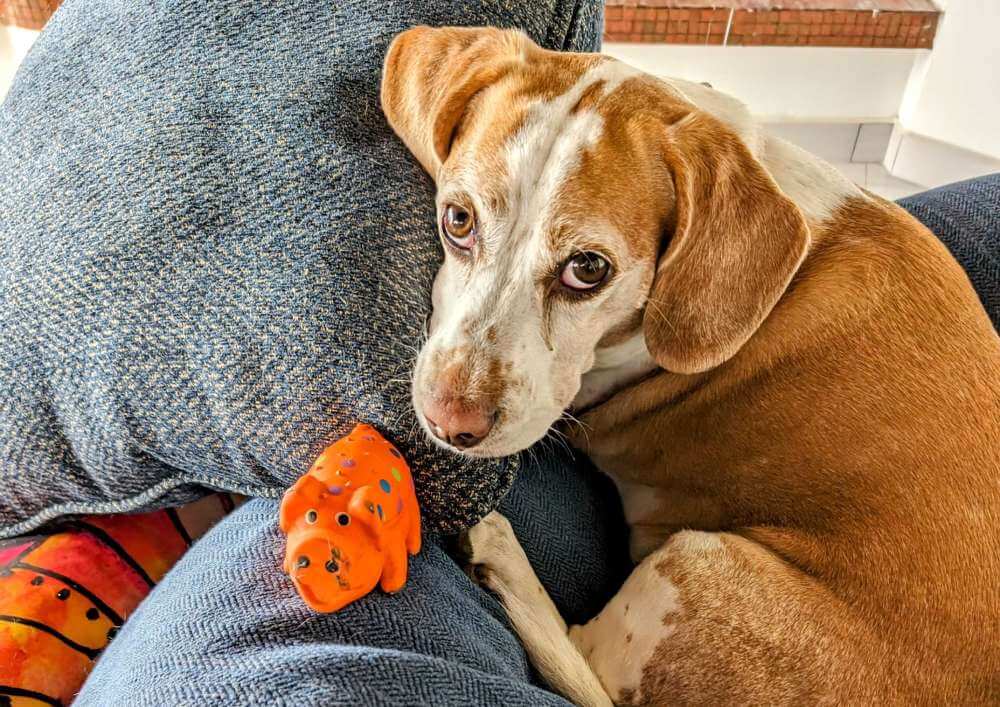“We have to sell everything we own. It’s the only way,” I said.
My wife and I looked around our home, at all the beautiful things we spent a lifetime accumulating. When a moment like this hits you, it is a psychological and spiritual wrestling match in your head. You find out very quickly just how much of your identity is entangled with your stuff, with your ego. It is a litmus test of sorts.
I was raised in a family that placed an absolute premium on financial and career success. My grandfather had been born and raised in a tiny, east Texas town, in a shack with a dirt floor. He wasn’t born in a hospital but outdoors under a tree. Once grown and married, in order to be able to pay the rent, the family had moved constantly. My father never attended the same school more than a single year until high school. But eventually my grandfather, with his eighth grade education and armed with knowledge accumulated over years working as a laborer at oil refineries along the Gulf coast, had invented a technology that would revolutionize refining industry. The company he built grew to have offices all over the world. When he reached semi-retirement age, my father, now college educated, took the reigns and the company continued to grow to dizzying heights.
They made sure the success was outwardly visible. There were two large cattle farms, mansions, airplanes, yachts, a collection of classic and exotic cars, expensive jewelry, global travel, all the trappings were there.
But even as a young boy and eventually a young man, it didn’t seem to me that the two men were especially happy. Sure, they were able to enjoy things that only a tiny fraction of people on the planet will ever experience, but it didn’t look like true, sustained happiness – not to me anyway.
Eventually, some 40 years after its founding, and after my grandfather’s passing, the company failed and was shuttered owing to a global downturn in the refining industry. My parents were forced to sell their home, the farms, the airplanes, the cars, most of the trappings of luxury, and would never again achieve the stratospheric financial success that had defined most of their adult lives.
I saw what this did to my father. I watched, helplessly, as he spent the last 20 years of his life watching partisan cable “news” shows for hours on end every day, becoming more and more angry. That’s when I knew that as a boy, I had been mostly right when I suspected that the happiness I saw was driven by something that was unsustainable – something that could be taken away in an instant.
This same belief in the power of wealth, that success and status will make you happy was, of course, deeply programmed into my mind. I believed that not only was this the path to happiness, but that it was the path to gaining my father’s ultimate approval. It took me years to realize, to learn, otherwise.
Looking around our house these past few weeks, looking at all our “stuff”, my wife and I are been remarkably at peace with our decision to sell and donate all of it. We have made a decision to move to a new country and taking it all with us is simply an impossibility. We have come to understand that it is experiences shared with loved ones, peace of mind, simplicity of lifestyle, and living in the moment that are the cornerstones of true, sustained happiness – the kind of happiness that no amount of stuff can ever provide for long. So, we will turn the page, embark on a new chapter, and fill our hearts and memories instead of our houses and bank accounts.
My father passed away three years ago and I miss him terribly. Somewhere, somehow, I suspect he is proud that I figured out how to spring the door on the trap and am finally learning to live free – truly free.
Check out the Happiness 2.0 Podcast – https://podcast.edwardgdunn.com/




